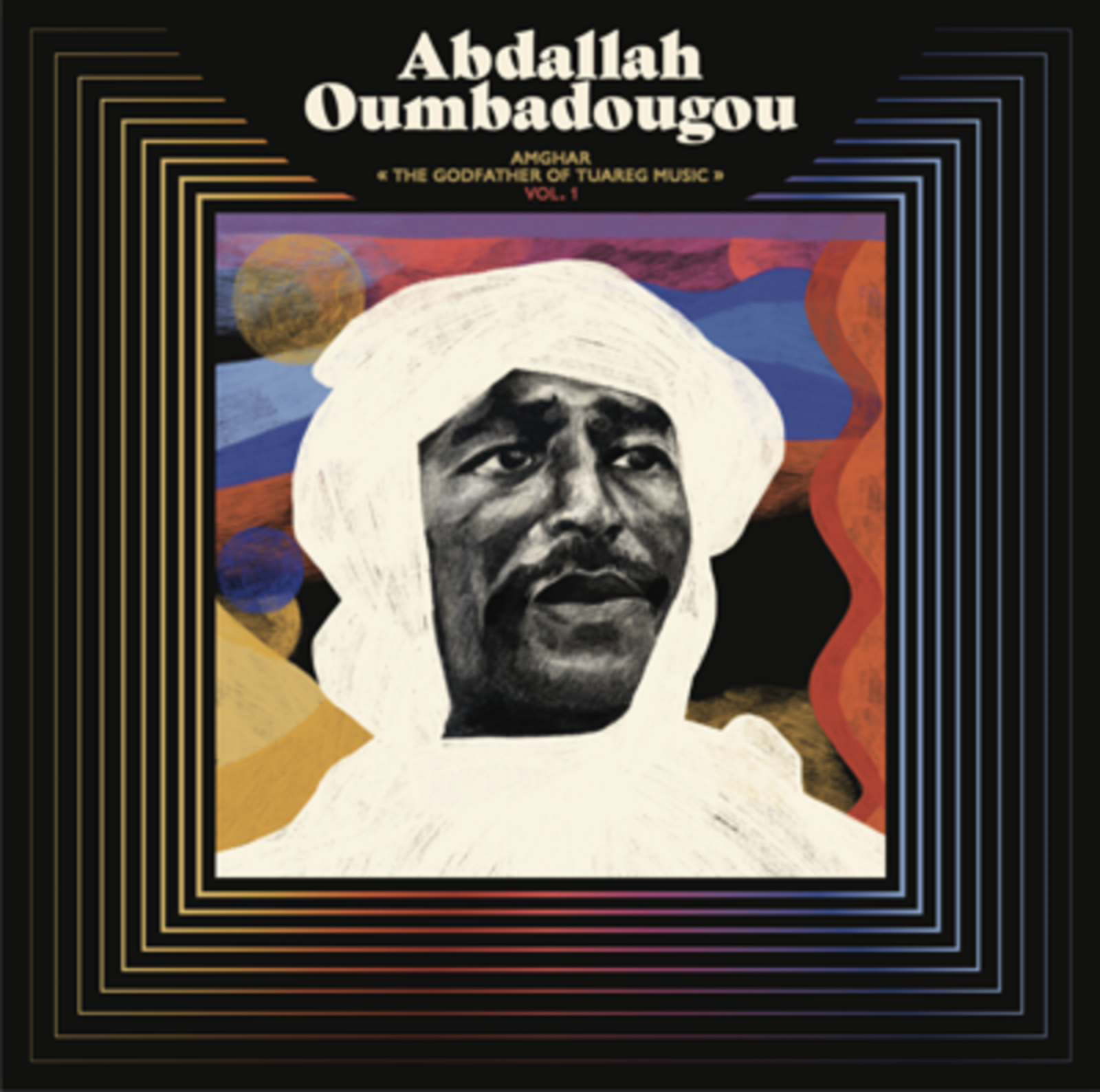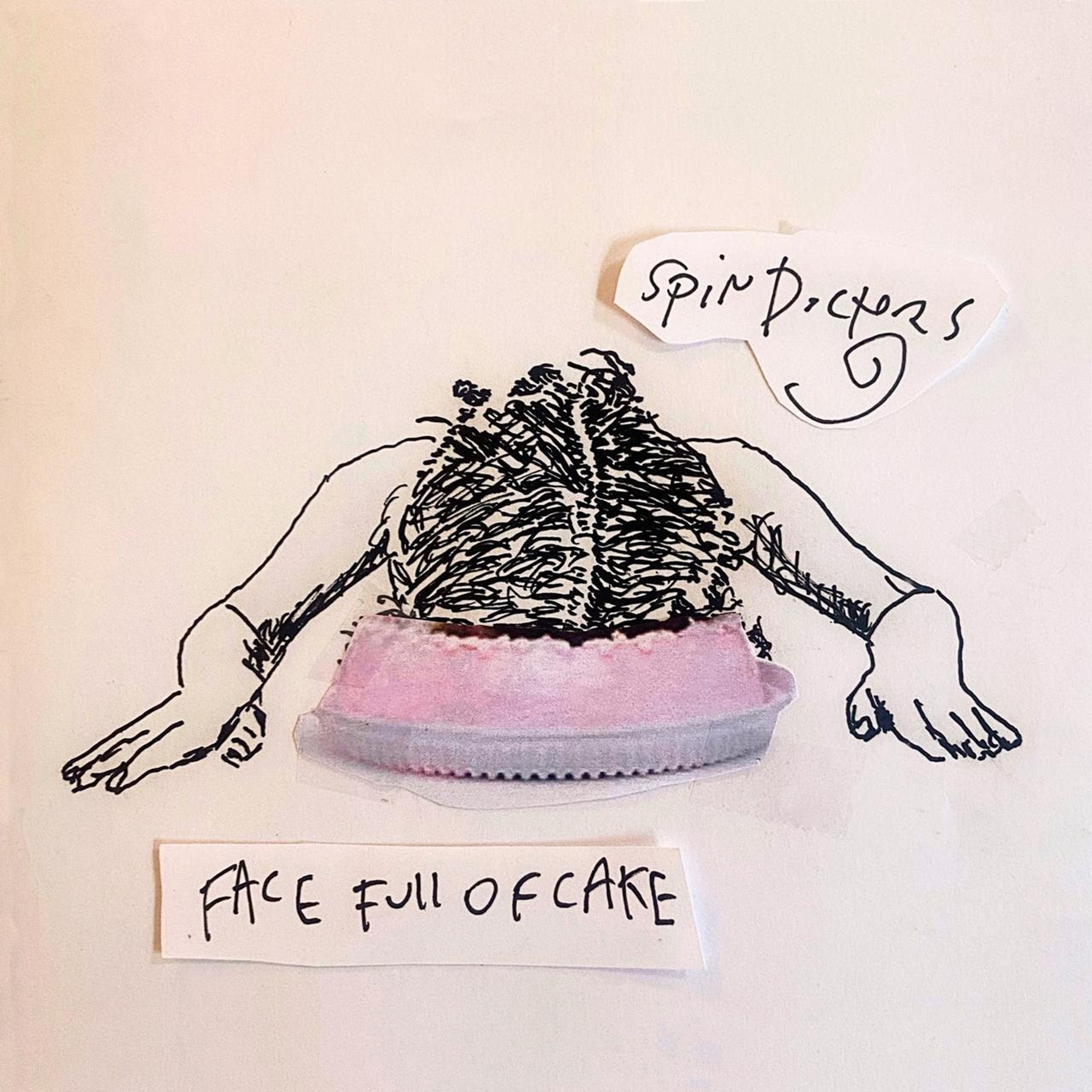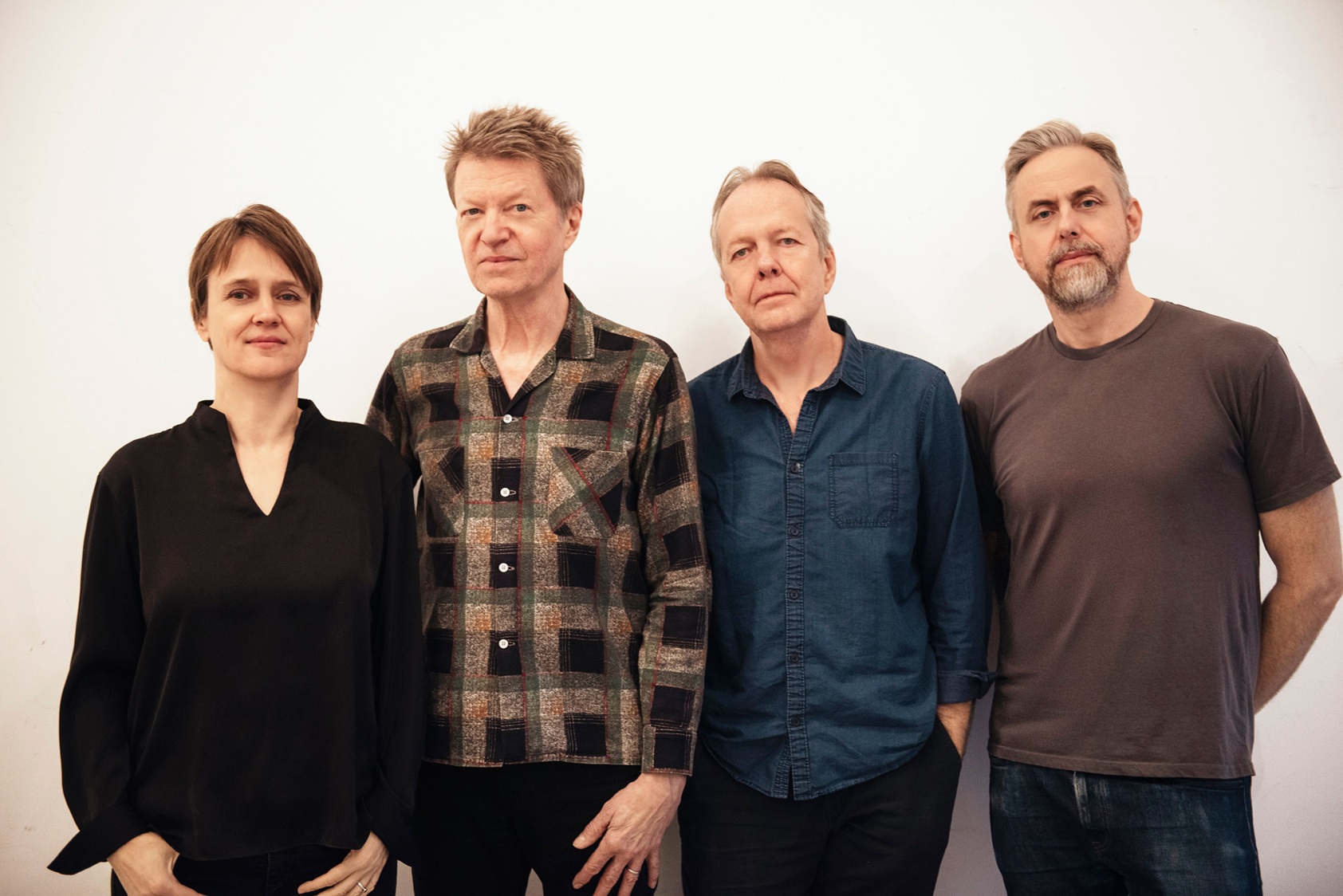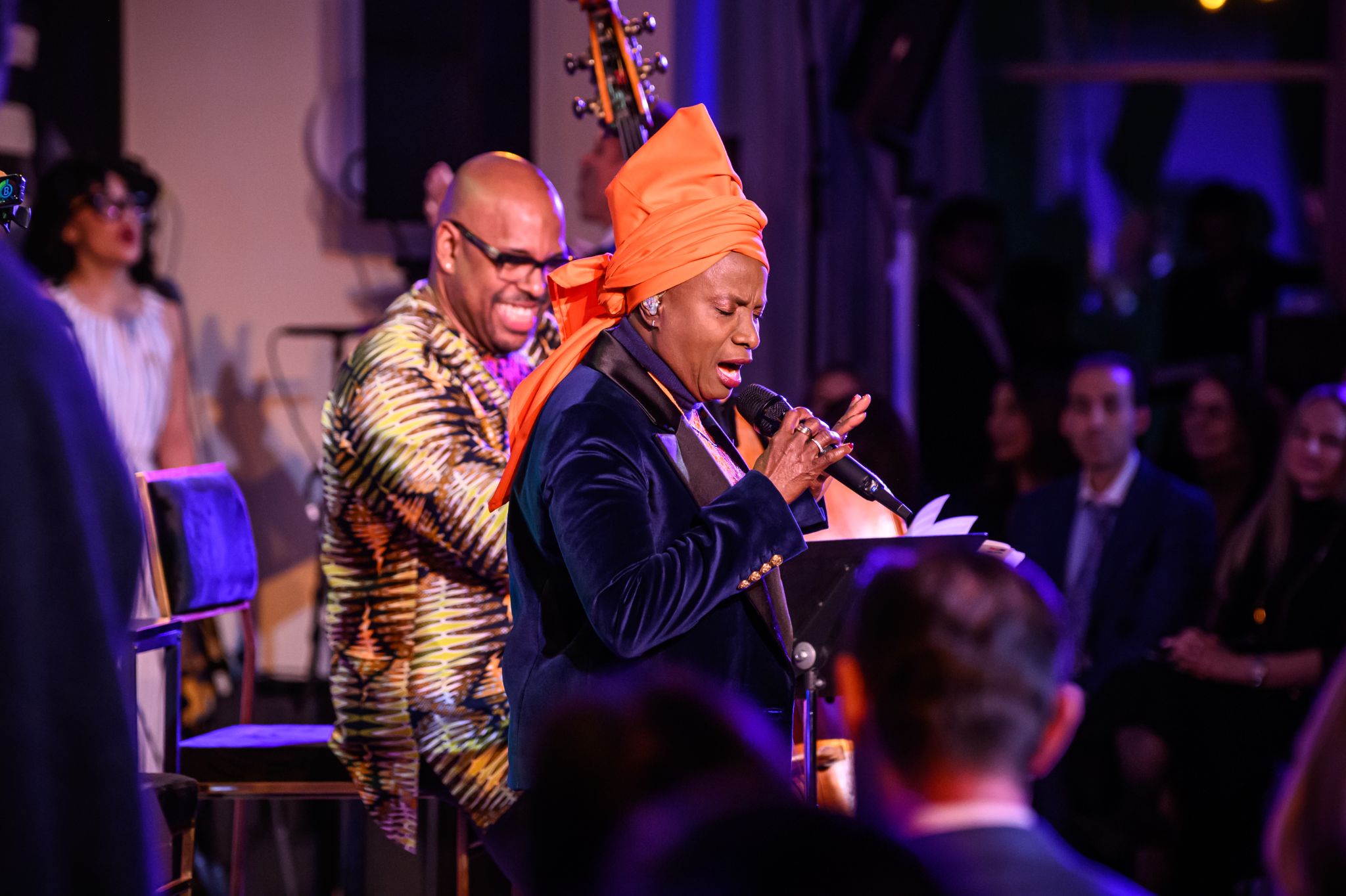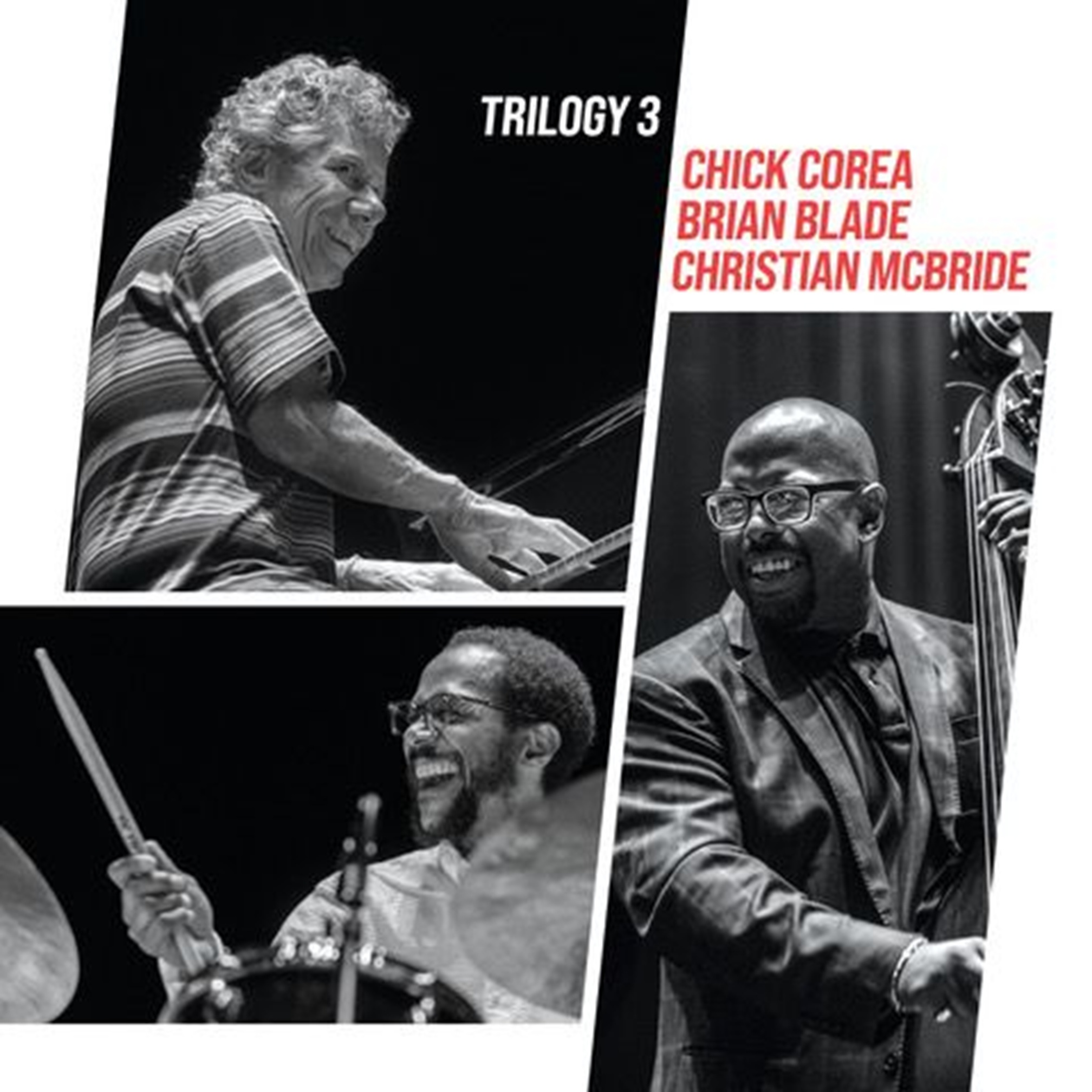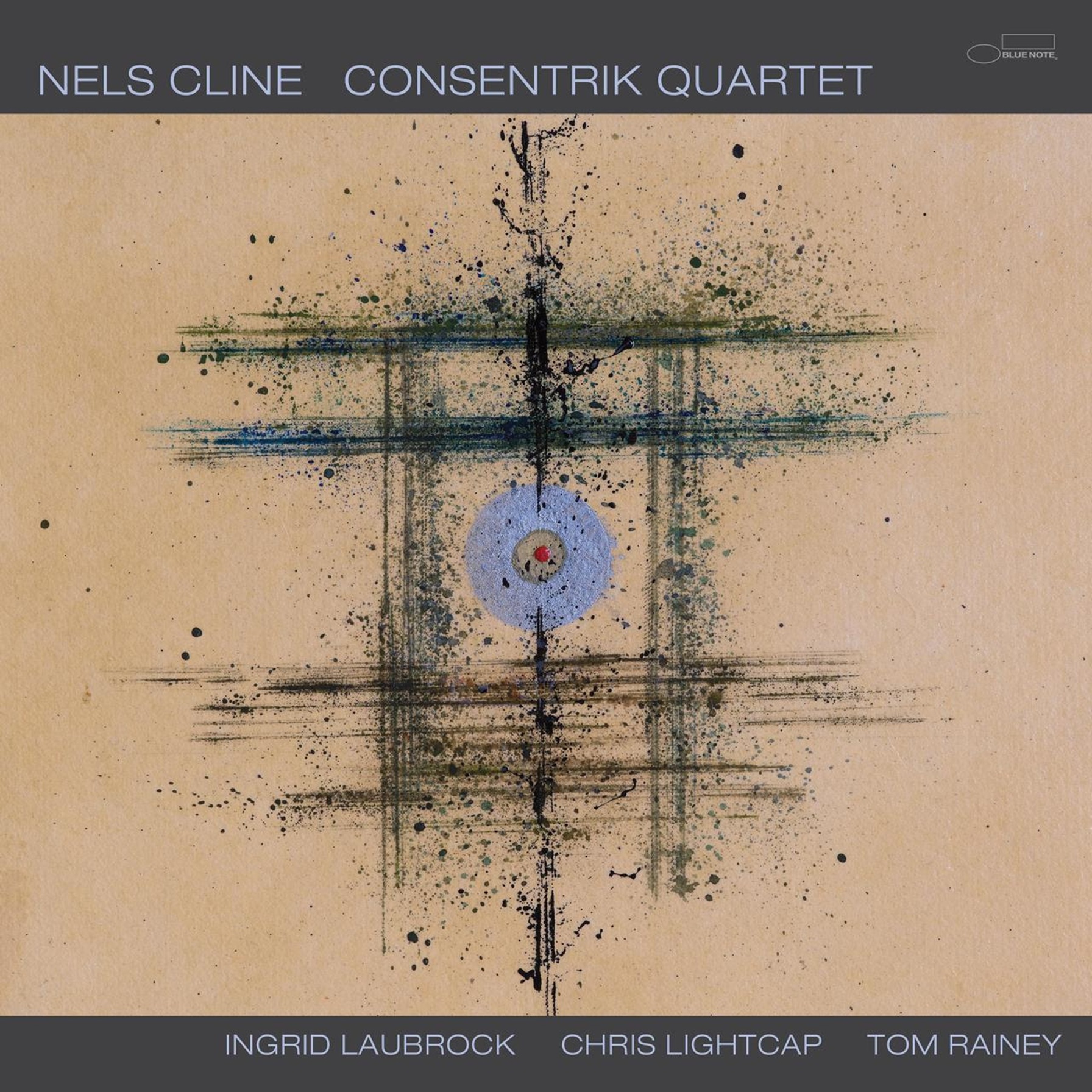Petaluma Records has announced the upcoming release of Amghar: The Godfather of Tuareg Music - VOL. 1, a compilation of both classic and previously unreleased tracks from Abdallah Oumbadougou, the Saharan-born Tuareg guitarist and originating architect of the “Desert Blues” genre. Also shared today is the previously unreleased track “Le Iwitian Ourgueza Gueakelen,” whose circular rhythms and joyous vocals provide a fitting introduction to Oumbadougou’s musical legacy. The album is currently available for pre-order HERE.
Listen: Abdallah Oumbadougou - “Le Iwitian Ourgueza Gueakelen”
Watch the trailer for Amghar: The Godfather of Tuareg Music - VOL. 1 via YouTube
For the first time, Petaluma Music’s Amghar: The Godfather of Tuareg Music, vol.1 compiles studio recordings that Oumbadougou made in the first decade of the 21st century — many of them previously unreleased — to create a broad survey of the work by a revolutionary guitarist and community leader whose impact in spreading awareness of Touareg music and culture cannot be overstated. Over the course of his remarkable life, Oumbadougou would find himself literally fighting for his people’s culture, identity, and right to be heard.
Abdallah Oumbadougou is a seminal figure in development of what western audiences have termed “Desert Blues” or “Tuareg rock,” but which was originally known as assouf, which means ‘longing’, ‘nostalgia’, ‘the pain that isn’t physical’ in Tamashek, the language of the Tuareg; a large and diverse group of peoples that inhabit the Sahara in a vast area across northwest Africa. “Amghar,” a Berber term for a tribal chief, is a reference to the artist’s role in shaping this culture, and makes the case for Oumbadougou’s legendary status as an instrumentalist, narrator, and a worthy rock guitar hero. Indeed, Oumbadougou’s early work was instrumental in influencing current successful Tuareg musicians such as Mdou Moctar, Bombino and Tinariwen.
“He was like a father to us. Like our first inspiration,” says the Nigerien Tuareg superstar Bombino, who became a close friend in the mid 1990s, when Abdallah’s star was at its zenith. “He was among the first musicians to bring us the music and take it far. He made it possible for us to know it.”
Born in 1962 in a tiny village deep in the deserts of northern Niger, Oumbadougou came of age during a period of social transition, environmental challenges, and political strife for the nomadic peoples of the Sahara. As a teenager he managed to learn guitar while working as a miner, and soon became a regular performer at impromptu gatherings of mineworkers and weddings in the local village. However the region was plunged into drought, and he soon found himself among the vast number of nomadic people of the region now displaced and dispossessed.
In 1985 Oumbadougou traveled to Libya to undergo military training along with thousands of other Tuareg groups who had accepted Muammar Gaddafi’s invitation to form a revolutionary Saharan legion. Music was an integral part of the cohesion of these training camps, and it was here that Oumbadougou encountered a nascent version of Tinariwen, another group who would famously go on to popularize the Desert Blues genre. Oumbadougou established his own group of musicians under the name Takrist Nakal, which means “rebuilding of the country” and thus reflected the aspirations of a unified Tuareg movement. Though their style of music differed to that of Tinariwen’s, with greater ornamentation and rolling rhythms that were more loping and upbeat, Takrist Nakal was an essential part of the same machinery of musical revolution, and the two bands forged a friendship that would last a lifetime.
“I remember Abdallah when we were young.” Recalls Ibrahim ag Alhabib, one of the founders of Tinariwen. “He was part of the story, and maybe there’s not enough about him now in the history. I think he gave something important to the Tamashek, a message for the young.”
In 1990 he fought with a revolutionary militia against Niger’s authoritarian regime as part of the wider Tuareg Rebellion taking place across Niger and Mali which endured for 5 years. By this time, the music of Abdallah Oumbadougou had spread across the North African region organically, often through cassette tapes recorded on boomboxes and spread through word of mouth. Utilizing both his guitar and Kalashnikov rifle in equal measure to fight for his people, Oumbadougou had become the voice of the rebellion to such an extent that his music was a valuable recruitment tool and being found in possession of a cassette by Takrist Nakal or Tinariwen was often considered grounds for imprisonment.
Amghar: The Godfather of Tuareg Music - VOL. 1 provides an essential overview of the music that Oumbadougou was ultimately able to record in a formal studio setting, and reveals the vibrant sound of contemporary Tuareg songwriting that he himself played an essential role in defining. The brand new portrait of Abdallah that adorns the album’s cover art was created by Nigerian-born illustrator Diana Ejaita, an accomplished fine artist and illustrator who has created 8 covers for the New Yorker magazine.
The liner notes of Amghar also provide a crucial element for appreciating these recordings, The France-based Ishamar guitarist Moussa Bilalan provided lyrical translations for the songs in Tamashek, French and English and thus brings Oumbadougou’s songs to life, showing them to be both front-line reports and poems. Addi2as covered Sahel music for nearly two decades (and at one point managed Tinariwen), apply an incredible historical context, and are a must-read for anyone who cares about the world that made this music, and about the life that Abdallah Oumadougou lived.
The influence that Oumbadougou continues to exert through his music is palpable in these tracks, along with his dedication to singing the story of his tribe. This collection provides a ready entry point for both faithful supporters and new listeners alike to celebrate his work, and opens a new chapter for exploring his legacy.
Amghar: The Godfather of Tuareg Music - VOL. 1 Tracklist:
1. Tigrawahi Talgha
2. Le Iwitian Ourgueza Gueakelen (unreleased)
3. Iwouksane
4. Imidiwan
5. Nigsar Tenere
6. He Ténéré (live)
7. Illilagh Teneré (unreleased)
8. Dague Oudouniya Zagzag Bass Tchilla
9. Sarho Nawan (unreleased)
10. Afrikya
11. Tenertin Taranin Tenertine Ounour Nin
12. Tabsiq Dalet (unreleased)
13. Wirhin Titiwé Tchi Higren (unreleased)
14. Afrikya (Live / unreleased)





